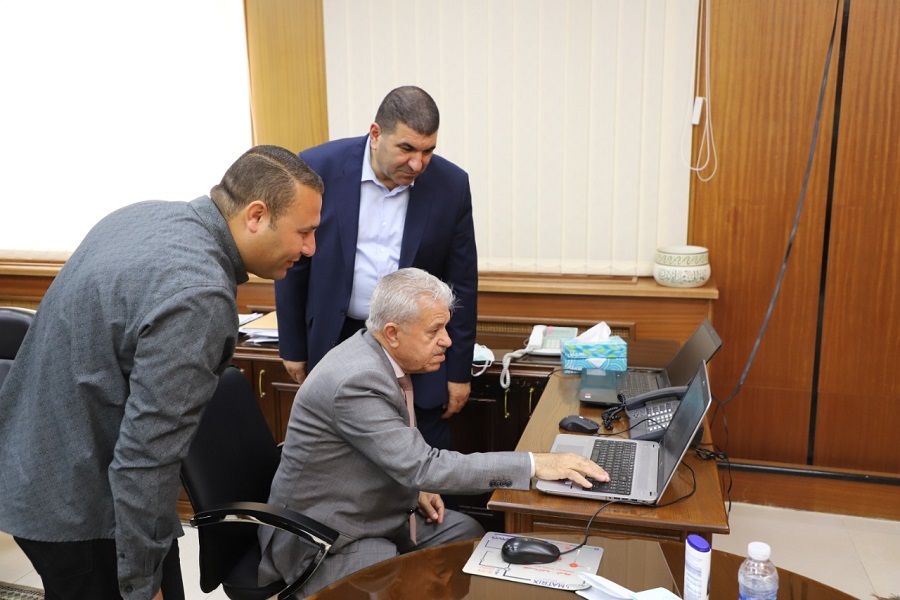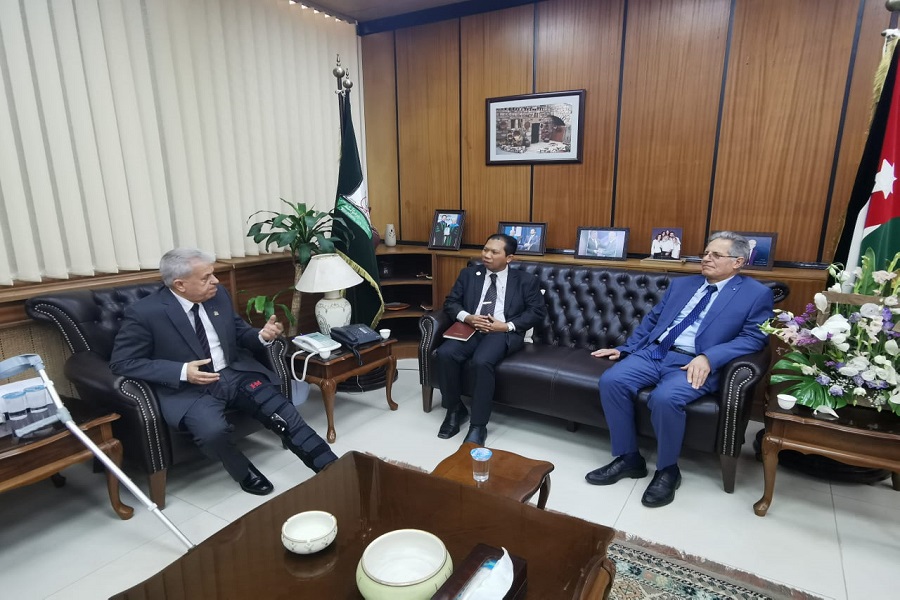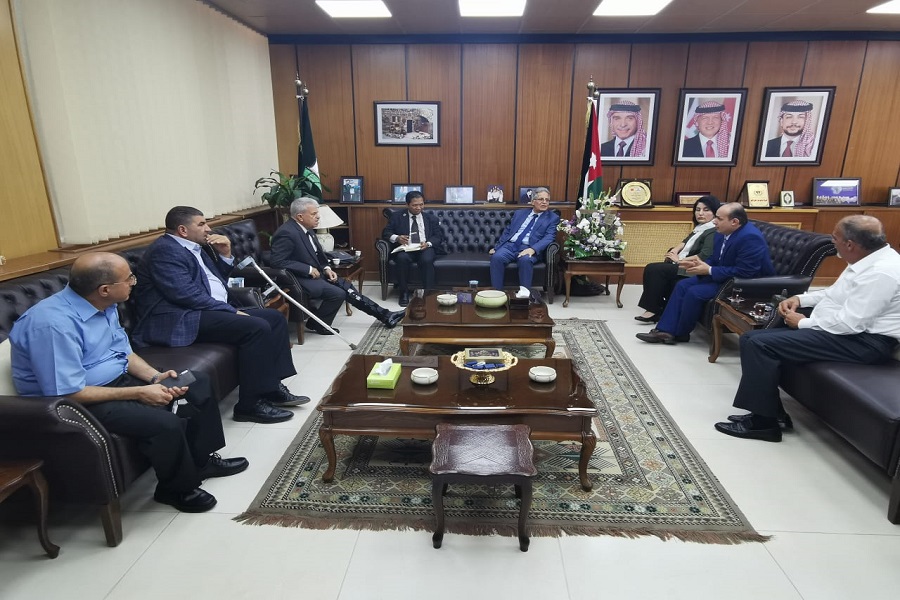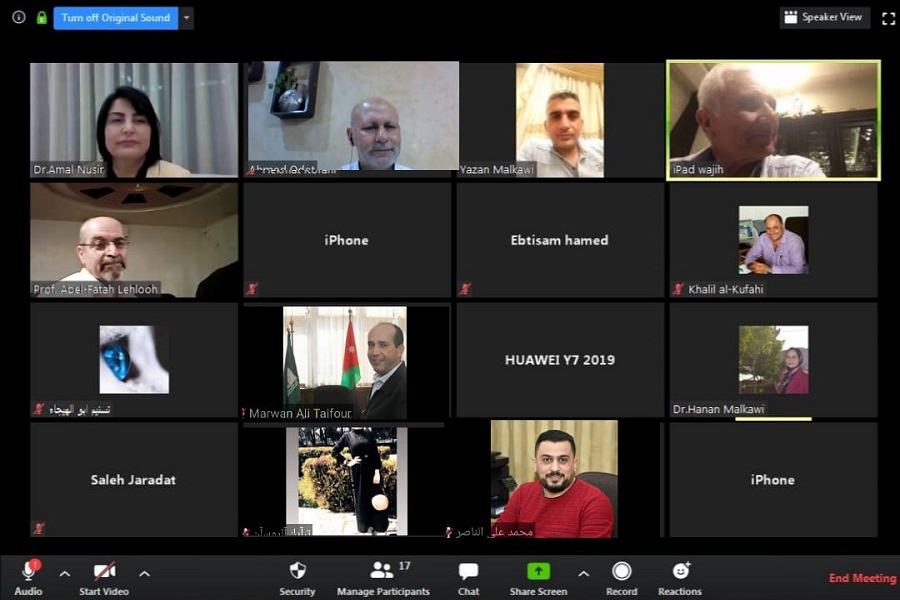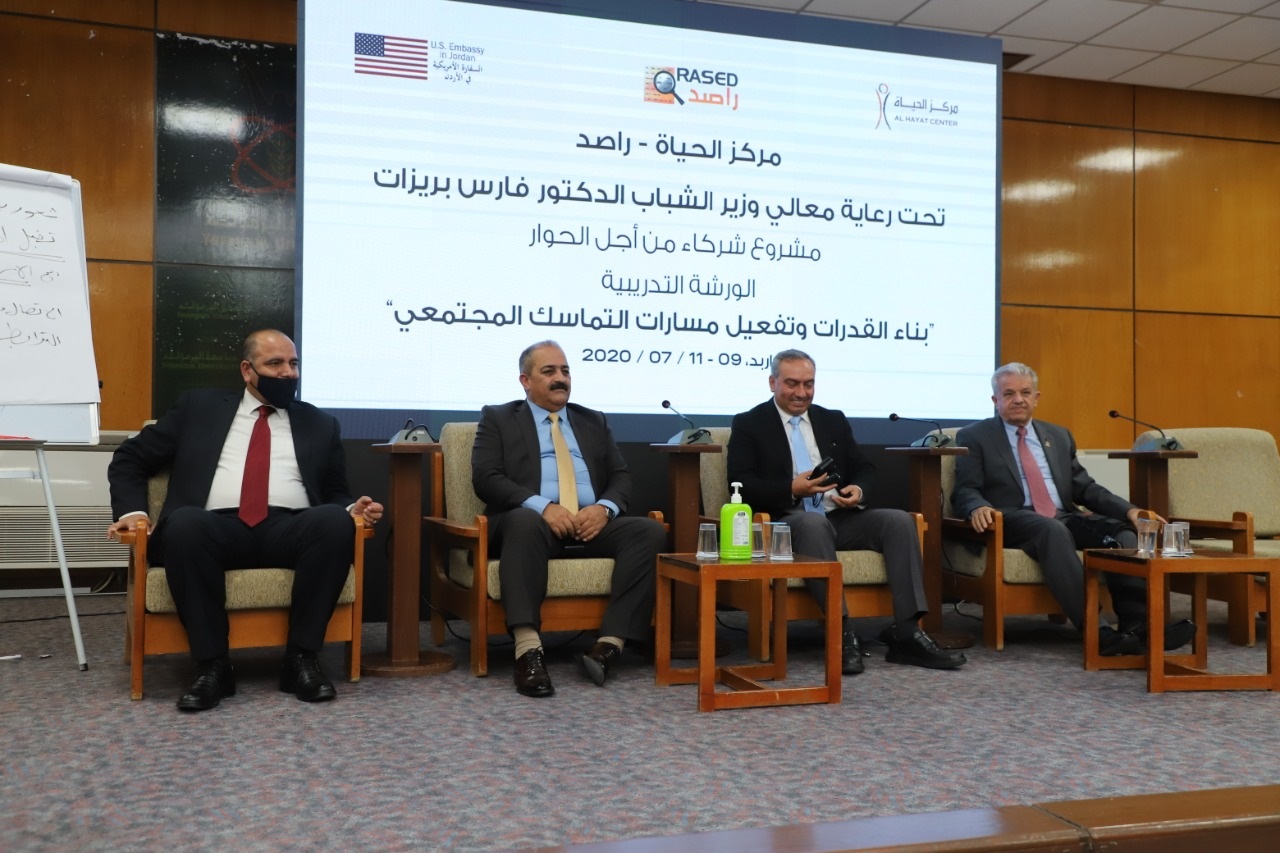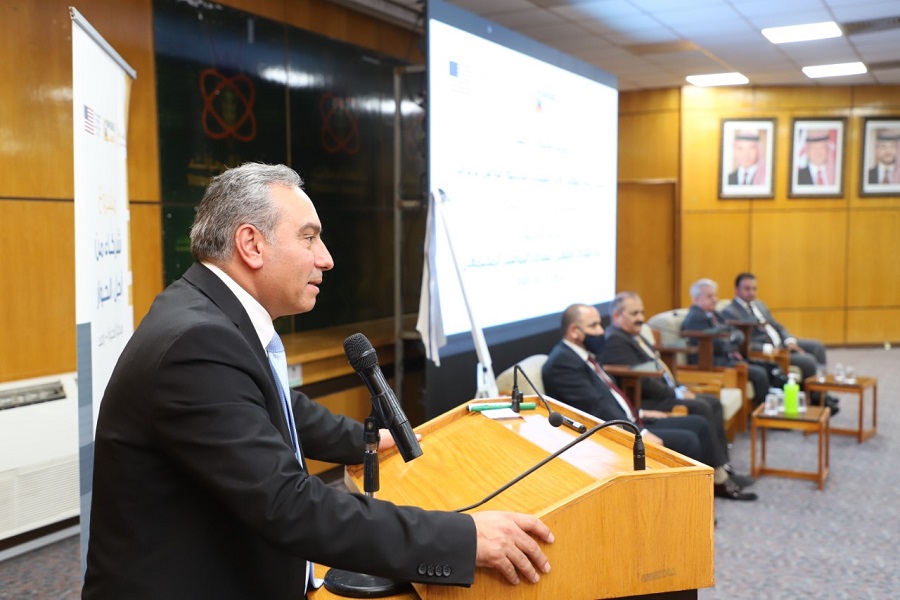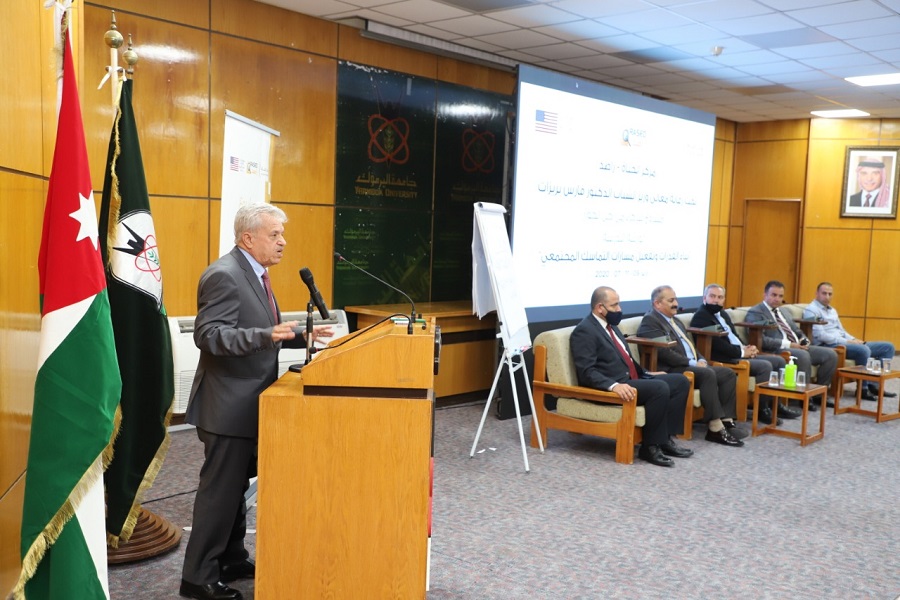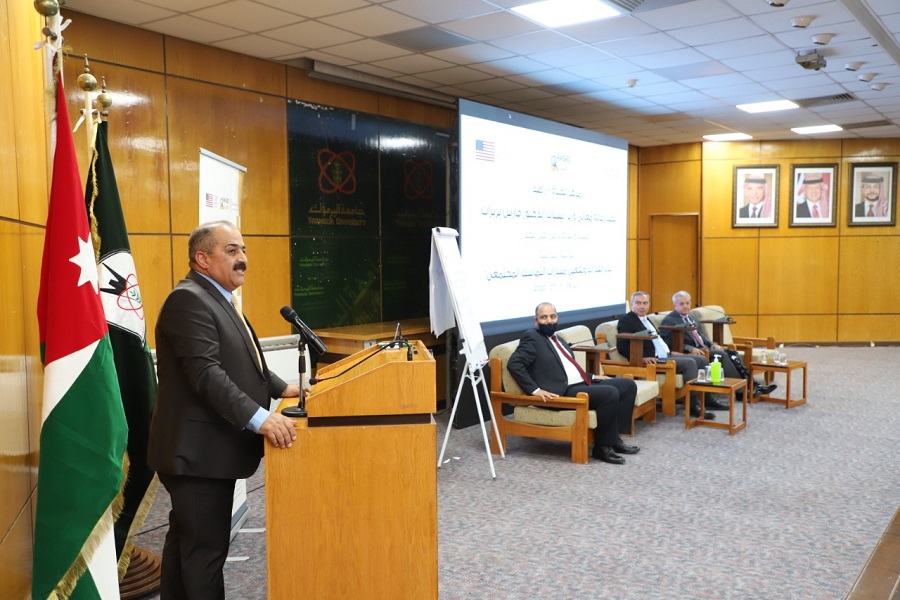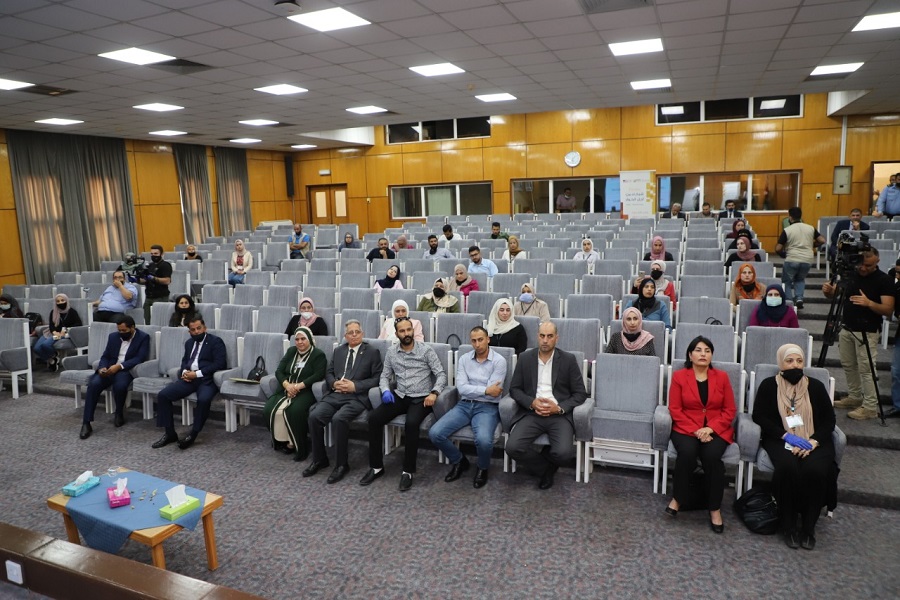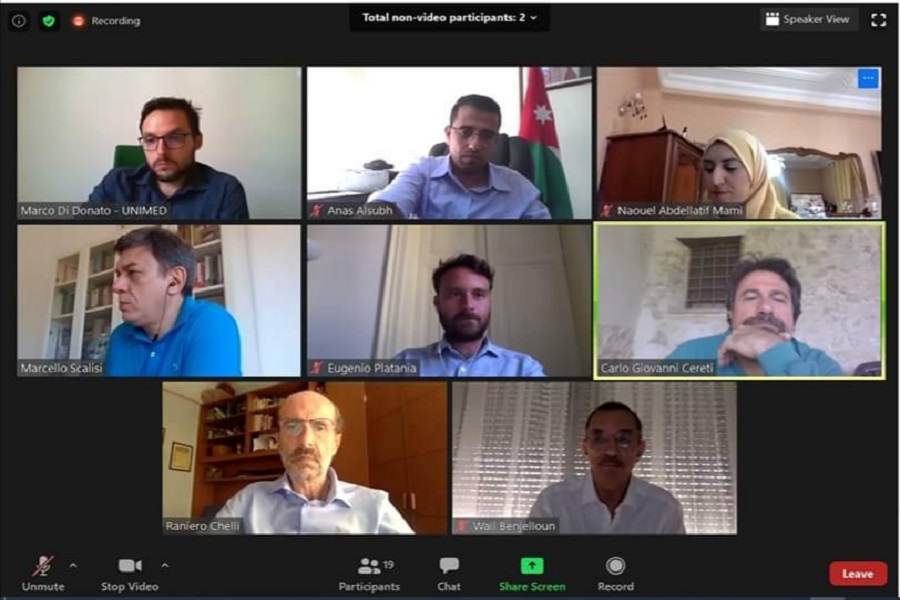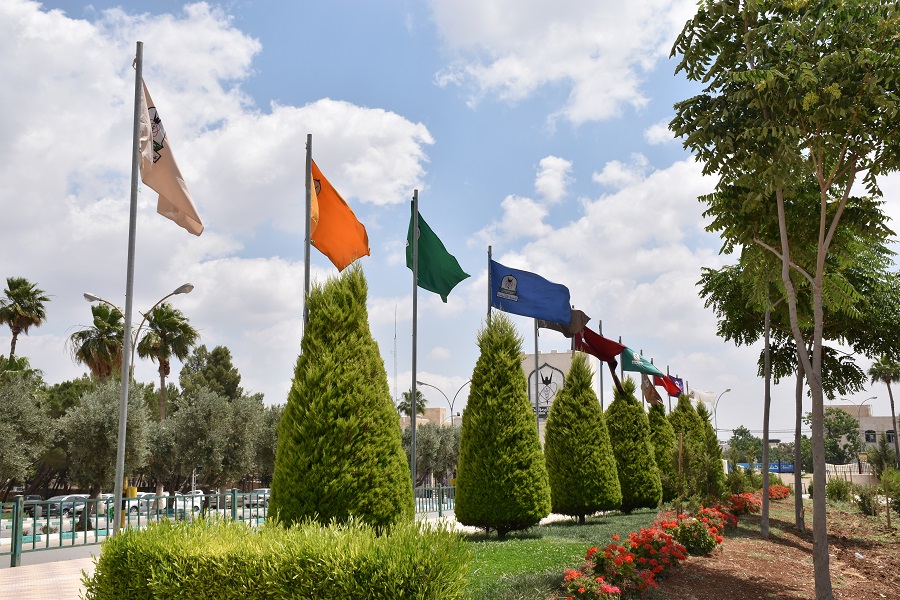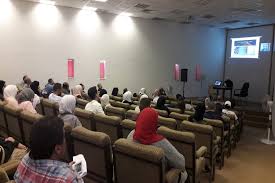
The President of Yarmouk University, Prof. Zeidan Kafafi, its faculty and administrative staff, and its students are honored to express their sincere congratulations to His Royal Highness Crown Prince Al Hussein bin Abdullah II on the occasion of his 26th birthday.
Yarmouk community asks Allah to preserve His Royal Highness's health and wellness.
The eldest son of Their Majesties King Abdullah and Queen Rania Al Abdullah, His Royal Highness was born in Amman on 28 June 1994 and is the 42nd generation direct descendant of Prophet Mohammad.
A Royal Decree was issued on 2 July 2009, naming His Royal Highness as Crown Prince.
In 2017, His Royal Highness graduated from the Royal Military Academy Sandhurst, from which his father, King Abdullah, and his grandfather, His Majesty the late King Hussein, had graduated.
In 2016, the Crown Prince graduated from Georgetown University in Washington, DC, where he majored in international history. He had graduated in 2012 from King’s Academy in Madaba.
His Royal Highness holds the rank of first lieutenant in the Jordan Armed Forces-Arab Army and has participated in several military training courses.
The Crown Prince has represented Jordan at multiple international forums, including chairing a UN Security Council meeting in April 2015 to lead an open debate on the Role of Youth in Countering Violent Extremism and Promoting Peace.
Following His Royal Highness’ efforts, Jordan hosted the Global Forum on Youth, Peace and Security in May 2015, leading to the Amman Youth Declaration on Youth, Peace and Security.
In September 2017, the Crown Prince, deputising for His Majesty, delivered Jordan’s address at the 72nd Session of the General Assembly of the United Nations.
His Royal Highness has given young Jordanians his utmost attention, with the Crown Prince Foundation, launched in 2015, geared towards empowering youths by instilling in them a sense of leadership, citizenship, and dedication to hard work.


